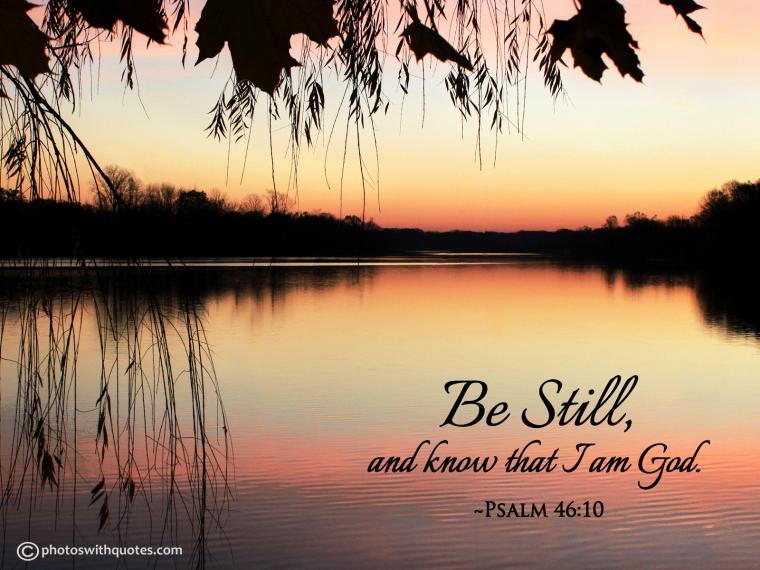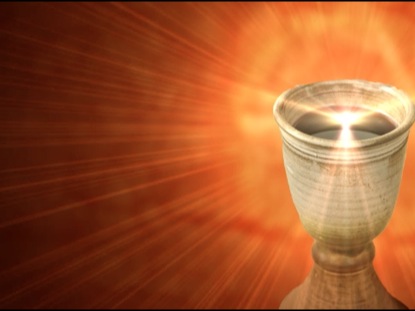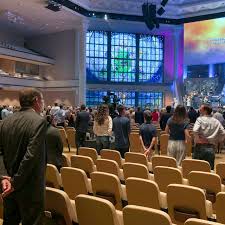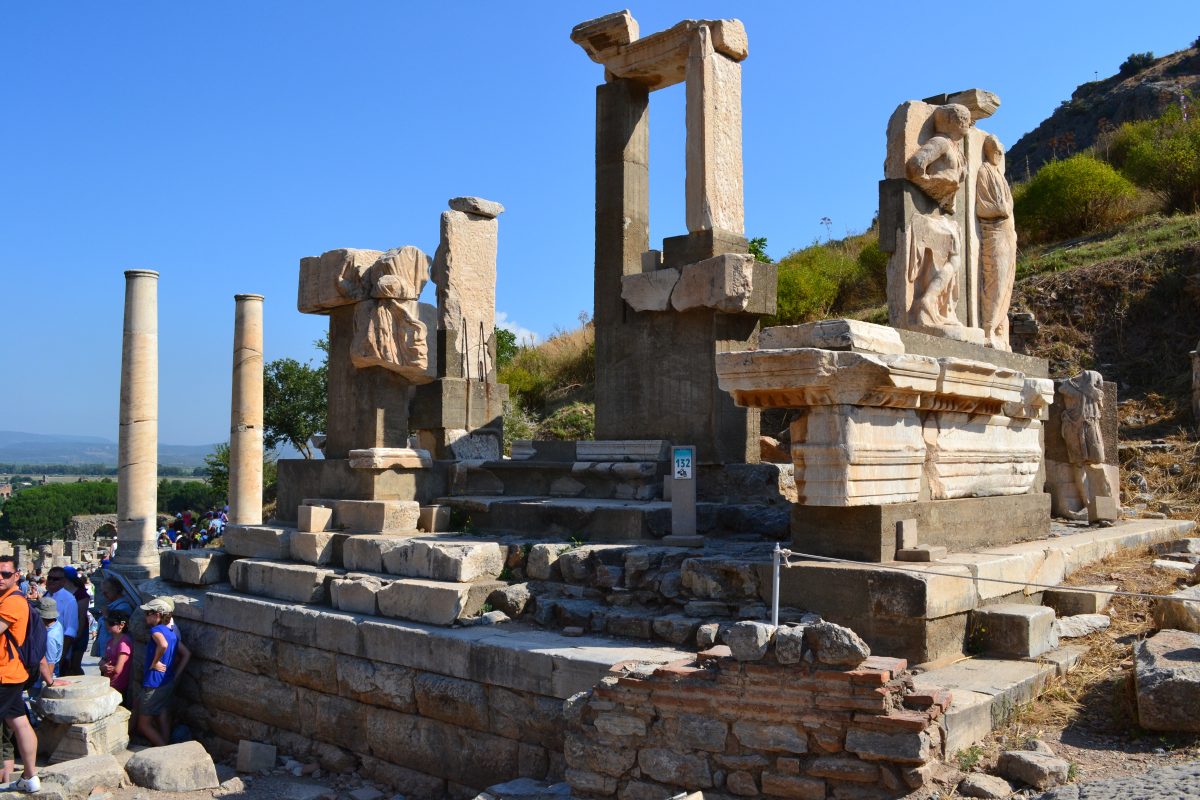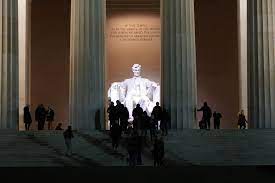Background Passages: Matthew 5:13-16, Romans 12:2, Galatians 5:22-23
It’s still one of the most impressive devotionals I ever heard. Standing before the deacons at our regular monthly meeting, Dan Cain began speaking, without reading, without notes. Words he not only memorized but internalized.
“Now when Jesus saw the crowds, he went up on the mountainside and sat down. His disciples came to him and he began to teach them…” (Matthew 5:1)
What followed was beautiful recitation of the Sermon on the Mount as recorded in Matthew. Word for word. As if we were sitting on the hillside, hearing our Lord speak.
That’s the way to read and hear scripture. Not in the dull monotone of the mind, without life or feeling, but as if you were present in the moment, hearing the words…just as the disciples heard them. That’s when the words jump off the page with meaning that changes everything.
I read that passage of scripture again this week. When I did, I heard those words in the voice of Jesus…who suddenly sounded remarkably similar to Dan Cain’s Texas twang.
Let’s take a look at one thought from Jesus’ greatest sermon. I find it as relevant today as it was 2,000 years ago.
_____
During the first year of his ministry, Jesus moved from village to village in Galilee teaching in the synagogues and preaching wherever he found an audience to listen. We don’t know a lot about the content of those early teachings except Jesus seemed to pick up where John the Baptist left off. The gospel writer tells us in Matthew 4:17…
“From that time on, Jesus began to preach, “Repent, for the kingdom of heaven has come near.”
At some point in this time frame, he called his first disciples, taking them with him as he taught and healed. So popular were his teachings and so miraculous his healing that large crowds began to follow wherever he went. The people came, not just from Galilee, but from Jerusalem, Judea and the land east of the Jordan River to hear his voice.
At one point, Luke tells us that Jesus drew criticism from the Pharisees for healing a man with a deformed hand. After that rather heated debate, Jesus left Capernaum and went up the hillside to pray. The following morning as he and his closest disciples walked back toward the town, they encountered a large crowd eager to hear his message. Desperate to be healed.
Jesus found a spot on the hill and began to preach.
Taken as a whole, the Sermon on the Mount is the nearest thing to a manifesto that Jesus ever shared. He described what he wanted his followers to be and do. It is an explanation of kingdom living at its best. Writer John Stott said the teachings within this sermon “describe what human life and human community look like when they come under the gracious rule of God.
“And what do they look like? Different! Jesus emphasized that his true followers, the citizens of God’s kingdom, were to be entirely different from others.”
The Sermon on the Mount then is a call to be distinctive, drawing a constant contrast between the life lived by those of the Word and the life lived by those of the world. Jesus simply said,
“…do not be like them…” (Matthew 6:8)
You hear a similar word of caution from God to the Israelites in Leviticus 18:3 as he spoke about the pagan practices of the Egyptians and the Canaanites.
“You must not do as they do.”
An echo of the idea reverberated in Paul’s admonition to the church in Rome.
“Do not conform to the pattern of this world, but be transformed by the renewing of your mind…” (Romans 12:2)
God calls us to live differently than those who do not know him. To relate to one another differently than those who don’t know him. To testify by the way we live to the transformative power of a life committed to Christ.
A pastor said recently that God’s church once existed as the heart and soul of every community. The church and its people defined the culture of the community. The pastor lamented that God’s church today no longer serves as the driver of our culture. Instead, it surrendered its responsibility as the conscience of the community and found itself pushed to the periphery. Its influence marginal at best.
Decades ago, someone once asked Methodist missionary and author E. Stanley Jones to name the biggest problem of the church. His answer short and to the point. “Irrelevance,” he said. “Three-fourths of the opposition to the church stems from disappointment. We promise to make men different, but the promise goes largely unfulfilled.”
Some 50 years later, the pandemic dealt another blow to the church’s relevance. Before we blame the church as an institution, we need to remember that we are the church. You and I, as individuals, are the church. We must ask ourselves the tough question. Is the church less relevant because its people are no longer different enough from the world around us? I suspect there is more truth to that than any of us would care to admit.
Jesus’ Sermon on the Mount speaks to kingdom living. About living the life God calls us to live. Jesus expects us to have a profound influence on the culture of the world. Yet, we have become less different, less distinctive.
Jesus spoke words to us that still echo off the waters of the Sea of Galilee. These words tell us what we ought to be.
“You are the salt of the earth! But if the salt loses its saltiness, how can it be made salty again? It is no longer good for anything, except to be thrown out and trampled underfoot. You are the light of the world. A town built on a hill cannot be hidden. Neither do people light a lamp and put it under a bowl. Instead, they put it on its stand, and it gives light to everyone in the house. In the same way, let your light shine before others, that they may see your good deeds and glorify your Father in heaven.” (Matthew 5:13-16)
Jesus finds truth in the simplicity of ordinary living. He offers no cryptic parable that demands explanation. If you’re sitting with Jesus on the hillside in the first century, you get it. It’s just as clear today.
Salt flavors and preserves. So, what you’re saying Jesus is that we must live in such a way that we don’t leave a bitter taste in someone’s mouth. We are to preserve in our culture that which is holy and sacred and pure and right so that it still sustains those who will partake of it. When we lose our saltiness, our testimony and witness fade. Our lifestyle begins to look the same as our unchurched neighbors. Our influence in the community gets trampled underfoot and lost to society.
If you’re sitting with Jesus on the hillside in the first century, you get it. Another easily understood illustration that made as much sense to a Galilean as it does to a Texan. Light serves as a beacon to the lost, drawing them to safety. Light makes clear the path of righteous living that seeks to serve rather than condemn.
To be salt and light is the calling, but they are not the purpose. Allow me to paraphrase:
“Let your salt flavor all of life with the sweet taste of God’s love and your light illuminate his teachings…so that…they, the world beyond the walls of the church, will see the difference in the way you live and embrace and exalt the God of salvation who is our Father in heaven.”
That’s a huge “so that.” We live the life God calls us to live every day, not so we can stand on the street corner and express openly our gratitude that we are “not like other men.” A holier than thou attitude that drives a wedge between the church and those we are called to serve.
We live the life God called us to live so what we say and do points the lost to Jesus. For when we flavor life with the sweet taste of his love and the clear light of his goodness and grace…when we are truly different…all humanity will be drawn to him.
What does that look like?
Being salt and light is the byproduct of kingdom living. Paul described it to the Galatian church.
“…the fruit of the spirit is love, joy, peace, patience, kindness, goodness, faithfulness, gentleness and self-control.” (Galatians 5:22-23)
Such traits are rare and precious commodities in our world today. When Christians decide to be salt and light, to demonstrate love, peace, patience…the world feels our presence. When we demonstration kindness, goodness, faithfulness, gentleness and self-control, the world pays closer attention to what we say and do. That distinctiveness makes a difference. The church, our faith, becomes relevant again.
How do we get there?
Those glow-in-the-dark toys only glow in the dark when they are held next to the light for an extended period. We get to the point of distinctiveness when we stay close to the Light of the World. Spending time in his word and having those deep, rich, prayerful conversations with the one who takes joy in hearing from us. We get there by making a conscious effort to be different.
Our faith cannot be timid nor secret. We cannot hide our light beneath a bowl or bushel. The light must shine. Let us work to make our faith both vocal and visible. Only then will the church find its place again in the center of the community.
God calls us to influence the world. Imagine what human life and human community look like when they come under the gracious rule of God led by those who are both salt and light. It’s time to make a difference. That’s what being salt and light is all about.

